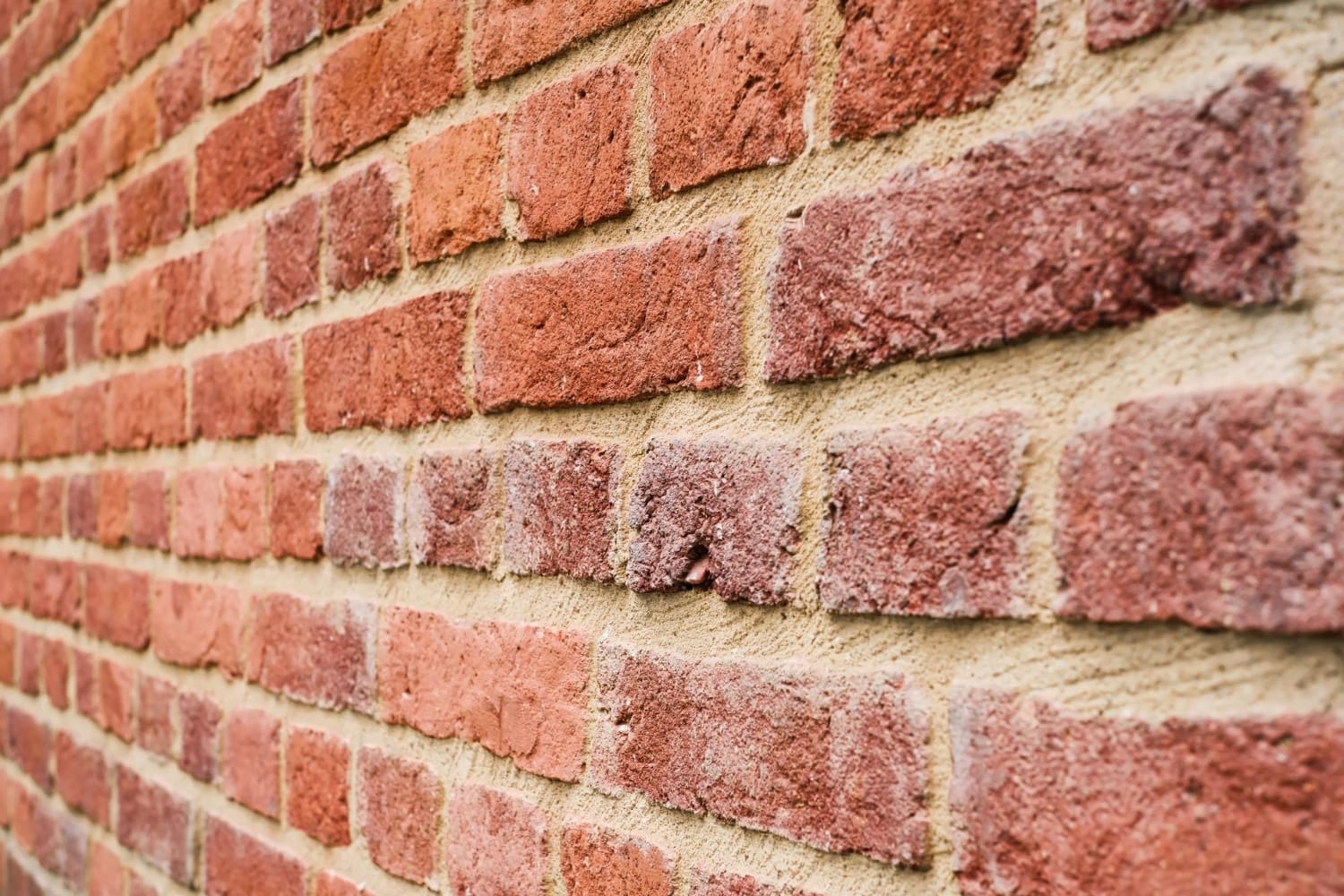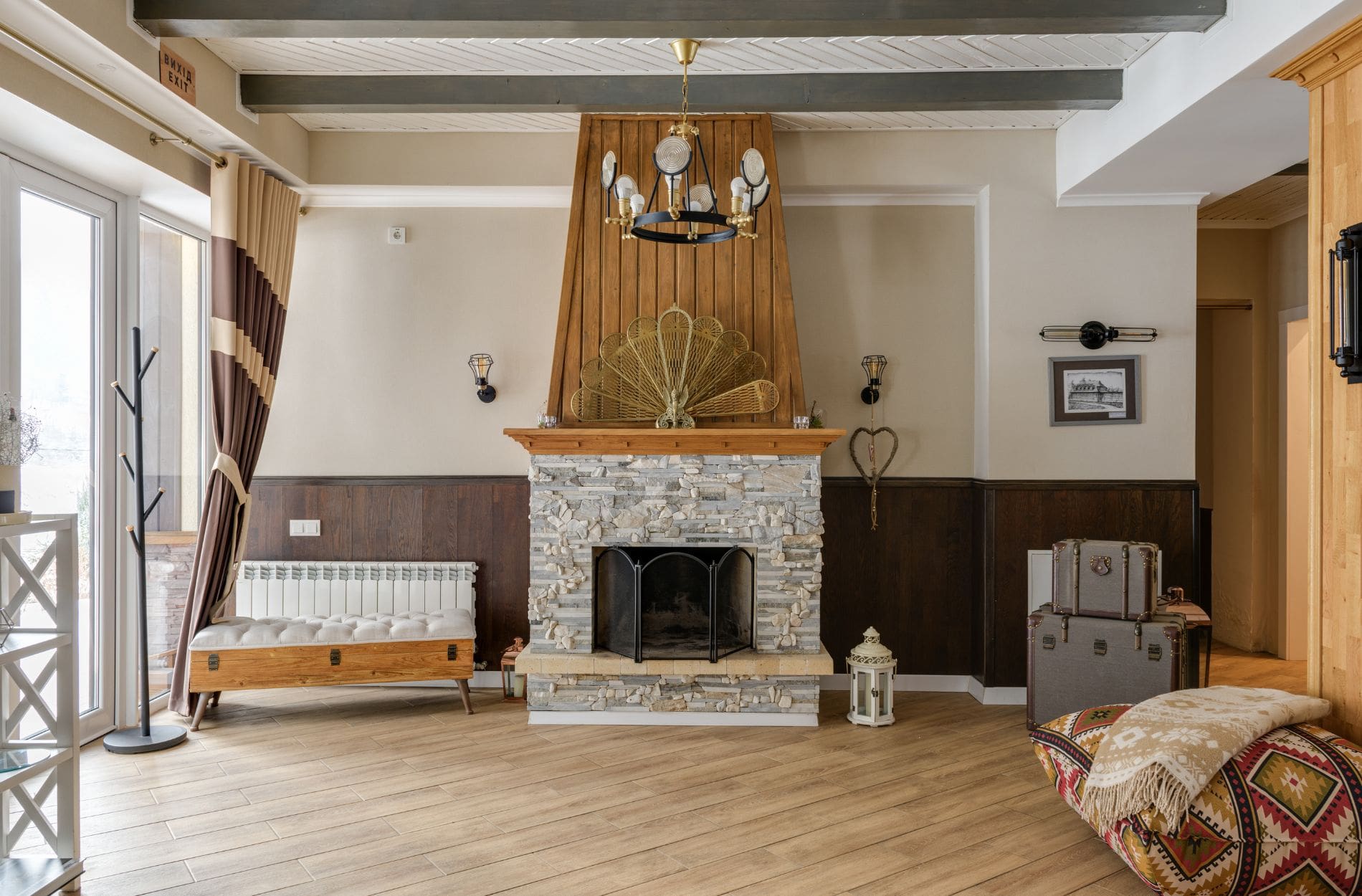Essential Residential Masonry Checklist for Homebuyers

When purchasing a home, a thorough inspection of your property’s masonry is crucial to ensure it is structurally sound and free from potential issues that may require costly repairs. A well-maintained masonry not only enhances the beauty and charm of your home but also provides excellent durability and contributes to your property’s value.
In this article, we’ll provide you with a residential masonry inspection checklist to help you evaluate key aspects of your potential new home’s masonry. This essential checklist consists of items that you need to assess, such as brickwork, mortar joints, and chimneys, to guarantee a solid and well-preserved masonry structure.
By performing a detailed masonry inspection, you can identify any hidden problems that could impact your investment and ensure that your future home is in excellent condition. Trust Detroit Brick Co. to guide you in conducting a comprehensive masonry inspection to help secure your dream home.
Exterior Brickwork and Stone Inspection
The first step in your residential masonry inspection checklist is to examine the exterior brickwork or stone of the property. Look for any visible damage or irregularities, such as:
- Cracks: Cracks in the masonry can be signs of structural issues or simply the result of natural settling. Keep an eye out for both horizontal and vertical cracks, as well as any cracks that appear to be growing or spreading.
- Bowing: Bowing is a deformity in which the wall curves outward, potentially indicating a problem with the foundation or structural integrity of the masonry itself.
- Spalling: This occurs when the bricks or stones begin to deteriorate and break apart. Look for signs of flaking, chipping, or crumbling masonry on the exterior facade.
- Efflorescence: White salt deposits on the surface of masonry can signal excessive moisture within the walls, which could lead to further damage if left unaddressed.
If you notice any of these issues, consider hiring a professional masonry contractor like Detroit Brick Co. to assess the extent of the damage and recommend appropriate repairs.
Examine Mortar Joints
Mortar joints play a crucial role in maintaining the structural integrity of your masonry. During your inspection, look for signs of wear or deterioration, such as:
- Cracked or Crumbling Mortar: This can signal that the mortar has weakened or been compromised by moisture, potentially threatening the stability of the masonry.
- Missing Mortar: Gaps in the mortar joints can allow water to infiltrate the masonry, leading to further damage.
- Mismatched Mortar: If the mortar appears to have been repaired or replaced with a different type, it could indicate previous repairs that may not have been performed correctly.
If you discover any concerns with the mortar joints, it may be time to consider tuckpointing, a professional process that entails repairing or replacing damaged mortar to restore the structural integrity of your masonry.
Assess Chimneys and Fireplaces
Chimneys and fireplaces are critical components of your home’s masonry and should be given special attention during your inspection. Check for the following:
- Chimney Alignment: Ensure that the chimney is plumb and straight, as a leaning chimney may signal structural issues.
- Chimney Cap: Make sure the chimney cap is in good condition and free from damage, as it helps prevent water infiltration and keeps pests out of your chimney.
- Cracked or Damaged Flue Liners: Inspect the flue liners for any signs of cracking or breakage, which could pose a fire hazard and lead to costly repairs.
- Fireplace Brickwork and Mortar: Just like the exterior brickwork, examine the fireplace masonry for any signs of cracks, spalling, or mortar deterioration.
Consult a masonry professional should you come across any issues with your chimney or fireplace for an expert analysis and appropriate repairs.
Inspect Foundations and Retaining Walls
The foundation is a critical aspect of your home’s structural integrity, and any issues with its masonry should be addressed immediately. Check for the following during your inspection:
- Visible Cracks: Look for cracks in the foundation walls or any gaps where the masonry meets the ground.
- Signs of Water Damage: Inspect for any water stains, mold, or mildew on the foundation walls, which could indicate a moisture problem.
- Bulging or Bowing Walls: Like exterior brickwork, bulging or bowing foundation walls may point to a structural issue that needs attention.
Additionally, if your property has retaining walls, assess their masonry for any visible damage or signs of wear that may compromise their functionality.
Examine Attached Structures and Landscaping
Finally, inspect any attached structures, such as patios, walkways, and driveways, for signs of masonry-related damage. Take note of any cracks, heaving, settling, or uneven surfaces that may require repair or replacement. Examine any masonry elements within your landscaping, like garden walls, to ensure their stability and durability.
Hire a Professional Masonry Inspector
While this checklist is useful for assessing your residential masonry, it’s always a smart idea to hire a professional masonry inspector to perform a more thorough evaluation. They will be able to identify any hidden issues that might not be visible to the untrained eye and can provide expert recommendations for repairs or maintenance.
Why a Solid Masonry is Important
A well-maintained residential masonry not only enhances the beauty and charm of your home but also provides excellent durability and contributes to your property’s value. By performing a detailed inspection and addressing any issues promptly, you can ensure the long-lasting stability and integrity of your home.
Masonry inspections are an essential step in the home-buying process, empowering you to make informed decisions and protect your investment. This checklist serves as a valuable tool in assessing the condition of your potential new home’s masonry, providing you with the peace of mind that you’re making a wise, informed choice for your future.
Protect Your Investment with a Comprehensive Masonry Inspection
A thorough masonry inspection is essential for homebuyers, ensuring your potential new home has a strong and well-maintained masonry structure. By utilizing this comprehensive residential masonry checklist, you can confidently inspect and assess the key elements of your property’s masonry, including exterior brickwork, mortar joints, chimneys, foundations, and attached structures.
Should you uncover any masonry-related concerns or require professional assistance, turn to the experts at Detroit Brick Co. Our skilled team can provide a more in-depth evaluation of your property’s masonry, recommend appropriate repairs, and deliver exceptional workmanship. Don’t let masonry issues compromise the integrity, beauty, and value of your new home. Contact Detroit Brick Co. today to schedule professional masonry services, such as inspection and repair, and safeguard your investment for years to come.





